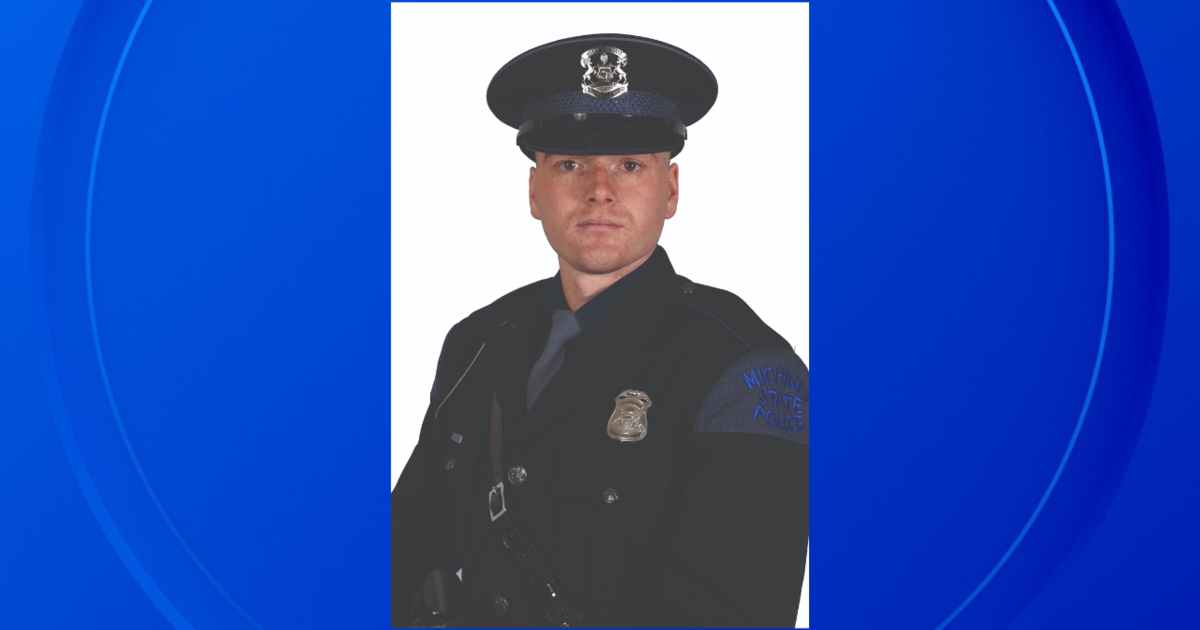Medicaid Expansion Enrollment Soars; Waiver Hurdle Remains
By David Eggert, Associated Press
LANSING (AP) - Mary Amick went 15 years without health insurance while working a minimum-wage job at a small country store outside Coldwater.
She sometimes visited a free clinic but mostly put off addressing her medical ailments, needing to buy food and pay utility bills instead. But not long after hurting her shoulder in a fall last year, she got a letter from the state saying she was eligible for insurance under Michigan's expanded Medicaid program.
"I felt like I had won the lottery," the 57-year-old Quincy woman said.
With her insurance card, she visited a doctor who decided to X-ray her clavicle. It turned up a lesion on her lung - she had cancer.
"This insurance I believe totally saved my life," said an emotional Amick, who had some of her lung removed and recently completed chemotherapy. "They feel that ... I'm cancer-free."
Wednesday is the anniversary of Healthy Michigan, the state's popular Medicaid expansion program that has led to 600,000 low-income adults making below 133 percent of the poverty line to be enrolled in government health insurance under the federal health care law. Now, Gov. Rick Snyder's administration is working to ensure the program continues for Amick and others.
The 2013 law establishing Healthy Michigan - enacted by the Republican-controlled Legislature despite GOP strife over embracing a key component of "Obamacare" - requires the state to get a second waiver from the Obama administration by year's end or the program will end on April 30, 2016. Under the waiver request mandated in the law, adults who have been enrolled for four years would have to buy private insurance through a health exchange or pay higher copays and contribute more to health savings accounts - a maximum 7 percent of income instead of the current 5 percent.
Like now, copays could be reduced if participants undergo an annual health risk assessment to flag obesity, alcohol use and smoking.
"These are items that are very unique to Michigan, and the federal government will have questions for us. We need to be careful that our cost-sharing doesn't hinder access to care. We're reaching out to our federal partners to see what they might be comfortable with," said Nick Lyon, director of the state Department of Community Health.
After Healthy Michigan's launch last April 1, the state took just eight months to surpass its original two-year enrollment projection of 477,000. The number of uninsured adults in Michigan dropped in half from 14 percent to 7 percent between 2012 and 2014, largely due to expanding Medicaid.
Lyon said he is encouraged that of those enrollees who agreed to address an unhealthy behavior to reduce their minimal copays, 63 percent targeted more than one. Enrollees have gone to more than 336,000 primary care appointments, 113,000 preventive care visits and have gotten 34,000 mammograms and 17,000 colonoscopies, he said.
"People are getting the tests they need," Lyon said, noting that mental health and substance abuse treatment also are covered by the program. "If you really want to do something about the cost of health care, then primary care is much cheaper than emergency room or hospital care."
Supporters, including Snyder, contend that offering insurance to more poor people will make them healthier and minimize their expensive trips to the emergency room, reducing hospitals' $1.2 billion in annual uncompensated care costs and saving money throughout the health system.
It remains too early to say if the law is working as intended in that respect. The state in December got a required baseline on uncompensated care and the effect on premiums for the 2013 fiscal year, but the study from the University of Michigan's Institute for Healthcare Policy & Innovation cautioned that future analyses will be "difficult" because necessary data are not available.
Sen. Mike Shirkey, a key Republican backer of Medicaid expansion, said he is "very impressed" with how smoothly enrollment has gone in such a large government program. Yet he does not measure the program's success by how many people sign up, he said.
"We actually have to bend the curve on costs, affect the behaviors of certain folks and provide them this step from wherever they were to being on their own" without insurance, said Shirkey, of Clarklake. "I'm optimistic ... but we've yet to prove at least to my satisfaction that we're able to deliver on the specific promises" of reducing uncompensated care and keeping down premiums in the private market.
He said he expects a "pretty hearty" conversation with federal officials about the second waiver, as they were resistant to parts of it two years ago - leading both sides to put it off until 2015.
The U.S. government is covering the entire cost of the expansion in the first three years. The state will be responsible for up to 10 percent by early next decade.
Amick still fears her insurance will be taken away each time her provider, Priority Health, calls to see how she is doing. She said while she lives frugally and is not out to "milk" the system, she otherwise could not afford insurance as she ages and her work hours are cut back, especially during the cancer treatment.
"I just need to get healthy," she said. "It's not something you want forever. But I'm so appreciative of it."
© Copyright 2015 The Associated Press. All Rights Reserved. This material may not be published, broadcast, rewritten or redistributed.



